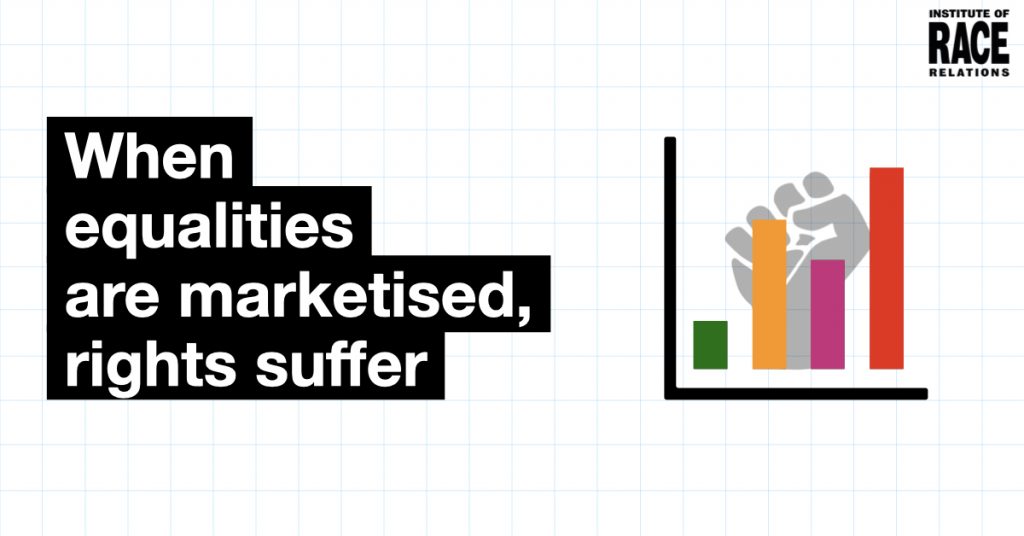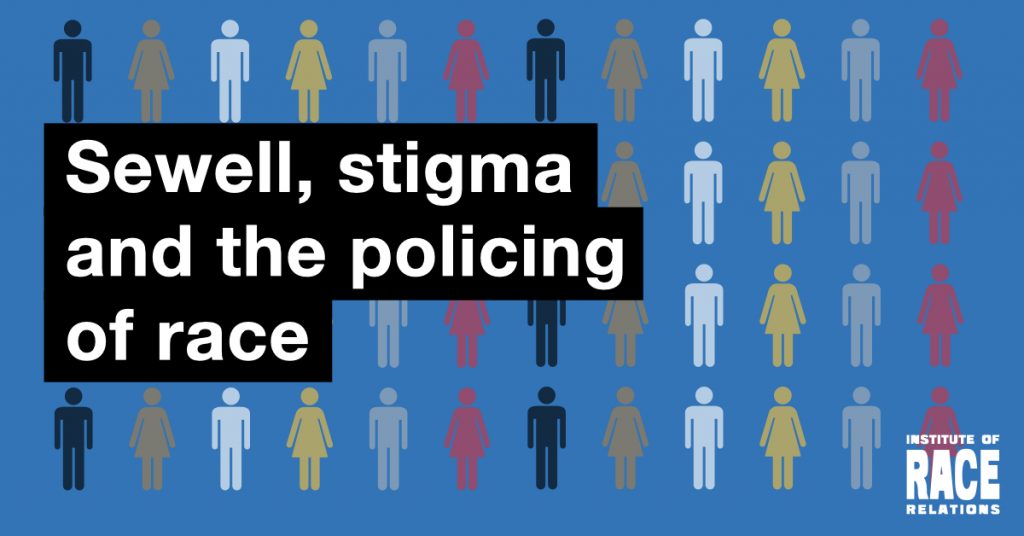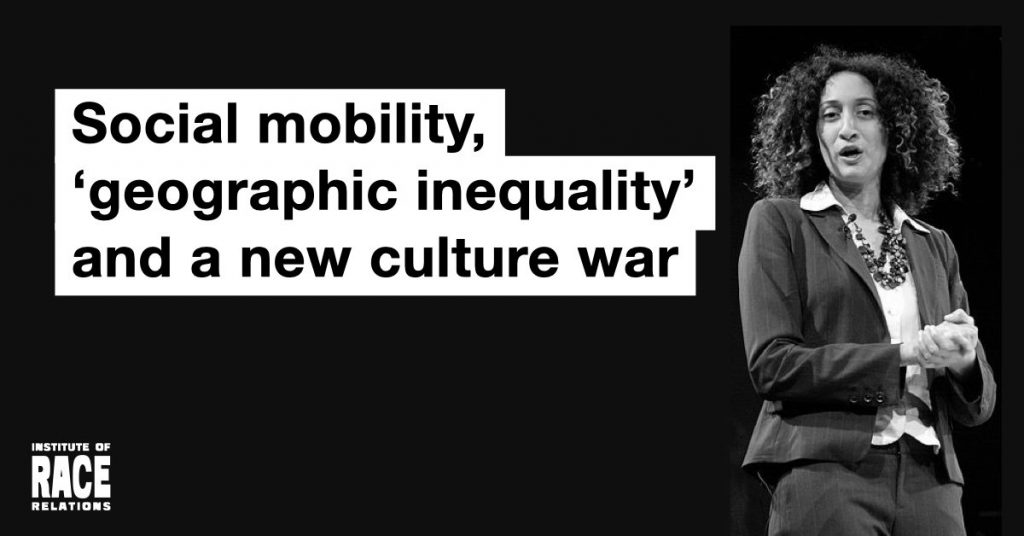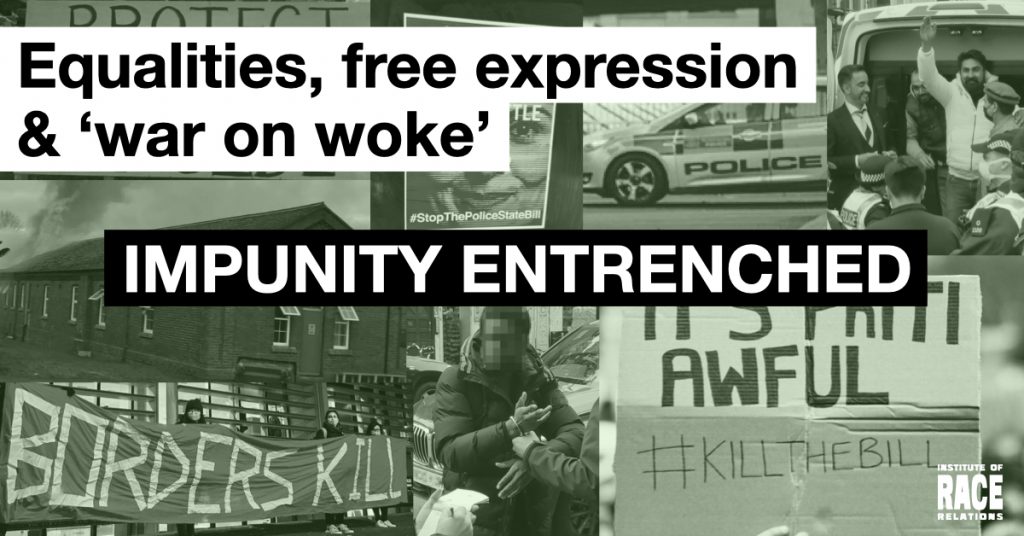RIGHTS AS PRIVILEGES, DESERVED INEQUALITY
Free expression – for some
The one right to be afforded special protection under the Bill of Rights proposals is freedom of expression, seen as quintessentially British and undermined by ‘continental-style privacy rules and the incremental narrowing of the scope for respectful but rumbunctious debate in politically sensitive areas’ according to Raab, and by ‘wokery or political correctness’ according to a senior Ministry of Justice official.
The government has already taken up arms in support of free expression and ‘viewpoint diversity’, against what it calls the ‘cancel culture’, in the Higher Education (Freedom of Speech) Bill, which is more likely to protect bigotry than promote academic freedom. The Bill imposes a duty on universities, colleges and student unions to safeguard free speech for staff, students and visiting speakers, and specifically forbids barring speakers with ‘controversial’ views. Student unions will not be allowed to prevent the affiliation of groups with abhorrent views, on pain of fines by the Office for Students (OfS), the universities regulator, and denial of a platform, or other alleged infringements of the free speech duty, will give rise to a civil claim for damages.
The government’s support for free expression is designed for those whose views are conservative, perhaps even bigoted, and does not extend to anyone seeking to explore the contribution made by ethnic minorities to British history or the ways in which slavery and colonialism enriched the British economy, or those who seek to acknowledge and challenge institutional racism, or even to use collective terms for ethnic minorities, such as ‘BAME’ or ‘BME’ in academic research. In its response to the education select committee report on educational disadvantage in the white working class, the government warned schools in England and Wales not to teach as fact ‘contested theories and opinions such as white privilege’, a term defined as white people benefitting from particular advantages in society. And while philosophy professor Kathleen Stock received the support of equalities minister Kemi Badenoch when she resigned from Sussex University after protests that her views on sexuality were transphobic, no such support was offered to Aysha Khanom, founder of the Race Trust, whose contract with Leeds Beckett University was terminated after a tweet from the Trust repeated the phrase ‘house negro’ used by (and about) right-wing education consultant Calvin Robinson. Closer to home, the Home Office withdrew its invitation to Cambridge university professor Priyamvada Gopal to speak to Home Office officials following publicity for an old tweet in which she criticised home secretary Priti Patel; and columnist Afua Hirsch had a speaking engagement with a government department cancelled at short notice after the New York Times published a piece she wrote on racism in Britain.
New article by Liz Fekete and @LiamShrivastava for @BylineTimes
The Freedom of Speech Bill will reverse hard won civil rights by shifting the focus from protecting ‘characteristics’ to protecting ‘beliefs’, argues IRR.https://t.co/B4eOj18mCp
— Institute of Race Relations (@IRR_News) August 19, 2021
In May, culture secretary Oliver Dowden refused to authorise the hitherto automatic reappointment of a trustee of the Royal Museums Greenwich, Dr Aminul Hoque, with an official explaining that he had ‘liked’ tweets hostile to the government. The doctor has advocated teaching a history more inclusive of ethnic minorities’ experiences and contributions, a decolonising of the curriculum. And candidates for commissioner posts at Historic England, which received far-right threats after publishing a report on English villages’ links with slavery, are now warned that social media feeds and blogs will be searched during the appointment process.
The weaponising of freedom of expression is an old ruse to protect reactionary, racist and Islamophobic views. It was used to justify the publication of the ‘Mohammed’ cartoons in Denmark and their reproduction in France, and is always selective. Byline Times suggests that the government is influenced in its ‘free speech crusade’ by a network of right-wing academics at Cambridge university, funded and supported by Peter Thiel, pro-Trump lobbyist and founder of CIA-backed data analytics firm Palantir, and includes right-wing Christian opponents of LGBTQ rights and supporters of race science. Notorious academics invited to speak at Cambridge by this group include Charles Murray, author of discredited works on race and intelligence, and Jordan Peterson, a ‘race science’ supporter. Whether or not this network has the government’s ear, the forms of free speech championed are certainly similar, and the Conservative Home website greeted the free-speech victory of alleged transphobic tweeter Harry Miller in December with the headline ‘Another blow against hate crime legislation’.

Equalities: ‘diversity’ embraced, anti-racism suppressed
In June, the Equality and Human Rights Commission (EHRC), the subject of recent controversial appointments in the name of ‘viewpoint diversity’, intervened in the employment appeal tribunal to protect the freedom of belief of gender-critical feminists. Maya Forstater’s contract was not renewed because she upset work colleagues with her tweets that ‘a trans woman is a man’. She complained to an employment tribunal, which found that her beliefs were not protected in law because they showed a lack of respect for others’ rights. The EAT reversed the first-instance ruling, finding, in accordance with the EHRC’s intervention, that a gender-critical belief was a ‘philosophical belief’ protected by equalities legislation.
The EHRC’s intervention in the Forstater case was in line with the government’s narrative that the Equality Act 2010 unduly favours ethnic minorities and others with ‘protected characteristics’, and that policy should promote individual choice and diversity of ideas, rather than protecting minorities. ‘Fairness not favouritism’ is the slogan, behind which is a denial that institutional or structural racism exists, and an attempt to shift the focus of equalities policies to white working-class communities. The government’s hand-picked Commission on Race and Ethnic Disparities recommended the abolition of the terms BAME and BME in government-funded research (a recommendation accepted with alacrity) in order to disaggregate ethnicities in statistics and analyses, whether of morbidity or criminal justice. It also recommended the use of ‘disproportionality’ rather than ‘racism’ in areas such as health and policing, where inequalities are stark. These two terminological changes enabled the Commission to create ‘league tables’ of ethnicities and to state that these inequalities are not caused by racism but are inherent, whether caused by biology, culture or criminality. Inequality becomes the fault of those suffering the most: the classic victim-blaming strategy. The message of the Commission, and of the government, is that the UK is a model of diversity (and the most racially diverse Cabinet in history is there to prove it – and to demonstrate that diversity has nothing to do with anti-racism). The corollary is that black youths’ problems with police are the result of criminality and the internalisation by black people of past injustices, not racism. Public funding is likely to be withheld from institutions rejecting the orthodoxy: so much for academic freedom.

Regulating the regulators in the ‘war on woke’
Further examples of the selectivity of the government’s exaltation of free expression comes from its treatment of regulatory bodies. The Charity Commission is required by law to be independent from political control: ‘In the exercise of its functions the Commission is not subject to the direction or control of any Minister of the Crown or of another government department’.[1] But after it rejected complaints by Conservative MPs and others that Barnardo’s and the National Trust were acting outside their charitable remit by exploring issues of racism, and that the Runnymede Trust was pursuing a political agenda, Dowden said ministers would only select a new Charity Commission chair who would not permit charities to be ‘hijacked by a vocal minority seeking to burnish their woke credentials’, and would restore charities to their core mission.
Boris Johnson and his ministers have ensured the placing of ideological allies in key public institutions including the Equality and Human Rights Commission, the Commission on Race and Ethnic Disparities, the universities regulator the Office for Students, the Social Mobility Commission, the BBC and other public bodies. Following the controversial appointment to the EHRC last year of David Goodhart, who has supported the ‘hostile environment’ against migrants, decried diversity and called for understanding of ‘majority grievances’, Johnson nominated right-wing former Daily Mail editor Paul Dacre for chair of the hugely powerful media regulator Ofcom, and on his rejection by the appointment panel, the job description was rewritten and the recruitment restarted to give him another chance. (He later withdrew from consideration.) Who sits on appointment panels is important in securing preferred candidates, and Jonathan Evans, chair of the committee for standards in public life, expressed concerns that ministers are ‘seeking to pack assessment panels with majorities of political affiliates’. And former public appointments commissioner Peter Riddell intervened to challenge ‘insufficiently independent’ appointment panels for the BBC and British Film Institute chairs. Riddell added, ‘just as significant is blocking people’ from significant public appointments, giving the example of potential candidates with anti-Brexit views being ‘rooted out’.
These political interventions all form part of the government attempts to enforce their narrative denying the existence of institutional racism, blaming those affected by it as having a ‘victimhood culture’ and imposing an unapologetically imperial historical narrative on British museums and cultural institutions. And such interference is unlikely to end any time soon, given that the new commissioner for public appointments, Riddell’s successor, who is responsible for ensuring that public appointments are non-partisan, is William Shawcross, another ideological ally, former director of the neo-conservative Henry Jackson Society and senior fellow of Policy Exchange. As chair of the Charity Commission between 2012 and 2018, Shawcross was accused of bias against Muslim groups, and when he was appointed to conduct the much-delayed ‘independent’ review of the government’s Prevent policy in February, seventeen human rights and civil liberty groups including Amnesty International and Liberty boycotted it.

War on woke backfiring?
The government has increasingly been wrong-footed in its ‘war on woke’ and on anti-racism. The prime minister’s and home secretary’s condemnation of the avalanche of racist abuse directed at the England team’s black strikers in the aftermath of the Euros 2020 final was criticised as hypocritical – ‘like arsonists complaining about a fire they poured petrol on’ – in the light of their earlier refusal to condemn crowds booing the England football team for ‘taking the knee’ against racism before their matches.
The trial of the Colston Four in December at Bristol crown court marked the end of a year of intensifying attacks on those seeking to expose the historical injustices of racism, colonialism and slavery. The four were charged with criminal damage for toppling and throwing into Bristol harbour the statue of the slave trader Edward Colston who, according to historian David Olusoga, giving expert testimony for the defence, was a shareholder and later deputy governor of the company which shipped 84,000 Africans into slavery, 12,000 of them children. The defendants used the trial to educate the jury and the wider public about the realities of slavery and the continuities linking historical racism and the present-day experiences of black communities, and to draw attention to the failure of the local council to respond to complaints and pleas to remove the statue, an ‘abhorrent offence to the people of Bristol’, in breach of its public sector equality duty to consider the impact of maintaining a monument to a racist in a multi-racial city. The prosecution maintained that the fact that Colston was a slave trader was ‘wholly irrelevant’ to the charge. But the jury acquitted the four, outraging ministers and leading to attorney-general Suella Braverman considering a referral of the case to the Court of Appeal (which could not reverse the decision but could prevent similar defences in future cases succeeding) – a move called out as based on ideological, not legal grounds by senior lawyers including former DPP Ken Macdonald QC.
This is the fourth in a 5-part series, Impunity Entrenched, examining the sheer proliferation of government measures and proposals put forward during 2021. IRR Vice-Chair Frances Webber reviews Borders and Immigration, Policing, Ministerial impunity and the rule of law, Free expression and equalities, and Human Rights. Read the whole series>


It is not true that a tweet from the Race Trust merely “repeated the phrase ‘house negro’ used by (and about) right-wing education consultant Calvin Robinson.” In reality, the Race Trust wrote to Mr Robinson: “@calvinrobinson does it not shame you that most people see you as a house negro?” http://thetab.com/uk/leeds/2021/02/16/beckett-cuts-ties-with-advisor-who-called-a-conservative-commentator-a-house-negro-53831
Mr Robinson was denounced as a “house negro” by the Race Trust. I don’t support Mr Robinson’s political stance, but the author of the report is blatantly distorting facts.